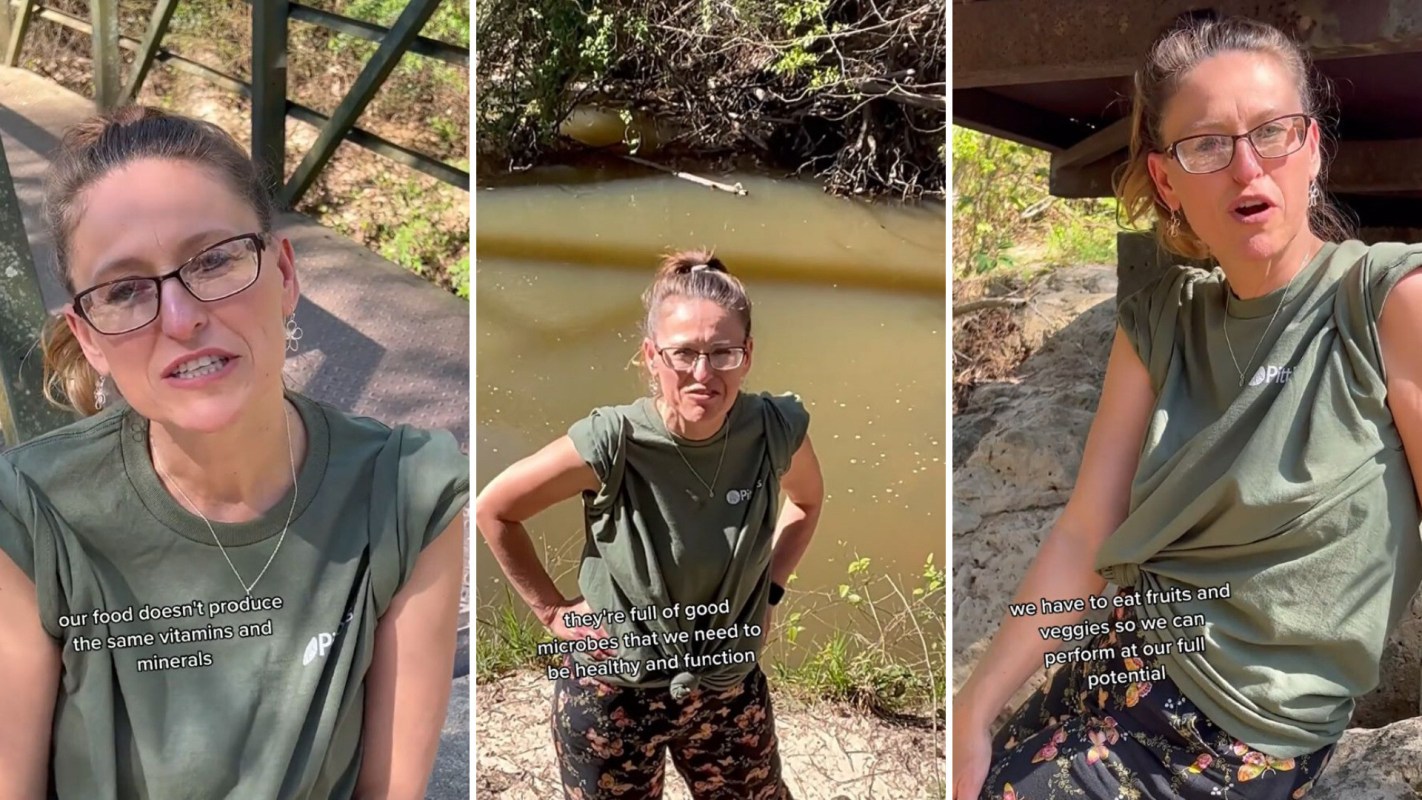When deciding between synthetic and organic fertilizers, TikToker Perky Plant Parent (@perkyplantparent) thinks you should follow your gut, or at least think of your garden like one.
In a video on the TikToker's page dedicated to "gardening tips & growing food for beginners," the poster made a case for organic fertilizers, saying synthetic fertilizers contain heavy metals and are harmful to all forms of life in your soil.
The video likens the microbes in gardens to bacteria in our guts, pointing out how both need healthy ingredients to thrive.
@perkyplantparent Why synthetic fertilizers aren't best for your garden or you! #beginnergardener #gardentips #organicgardening #growingfood ♬ Pieces (Solo Piano Version) - Danilo Stankovic
What's the difference between synthetic and organic fertilizers?
EnviroIngenuity explains that synthetic fertilizers include inorganic compounds like ammonium nitrate, ammonium phosphate, superphosphate, and potassium sulfate, which are often derived from byproducts of the petroleum industry.
In contrast, organic fertilizers are made from plant and animal materials.
Synthetic fertilizers add nutrients to the soil, but they also kill a large percentage of the beneficial microorganisms responsible for breaking down organic matter, which improves soil quality and fertility, per EnviroIngenuity.
On the other hand, organic fertilizers introduce many beneficial microorganisms into the soil along with the nutrients necessary for plants to thrive.
Why should I care what fertilizer I use?
Aside from only helping the plant being fertilized and not the soil surrounding it, synthetic fertilizers wreak havoc on the environment in many ways.
Phys.org reported on research showing that synthetic nitrogen fertilizers account for 2.1% of global emissions of planet-warming gases, an amount higher than that caused by aviation, according to One Earth.
One Earth also noted that more than half of the nitrogen applied isn't absorbed by the plants and instead turns into nitrous oxide, a toxic gas with a warming potential about 265 times that of carbon dioxide.
Some of the excess nitrogen also ends up in our water through runoff, resulting in dead zones that kill aquatic life.
Reyes Tirado from the Greenpeace Research Laboratories said, "At a moment when synthetic fertilizer prices are skyrocketing, mirroring the energy crisis, reducing their use could both benefit farmers and help us tackle the climate crisis," reported Phys.org.
So, while your small backyard garden or patio tomato plant likely doesn't require a large amount of fertilizer, when it comes to slowing the rapid rate at which our planet is overheating, every choice matters.
Perky Plant Parent put it well: "I'm not here to shame you if you use synthetic fertilizers, I just wanna be informative and help people to become better gardeners." Both your plants and the planet will thank you.
Join our free newsletter for cool news and cool tips that make it easy to help yourself while helping the planet.









